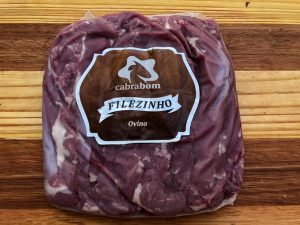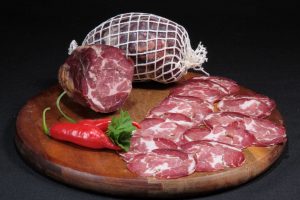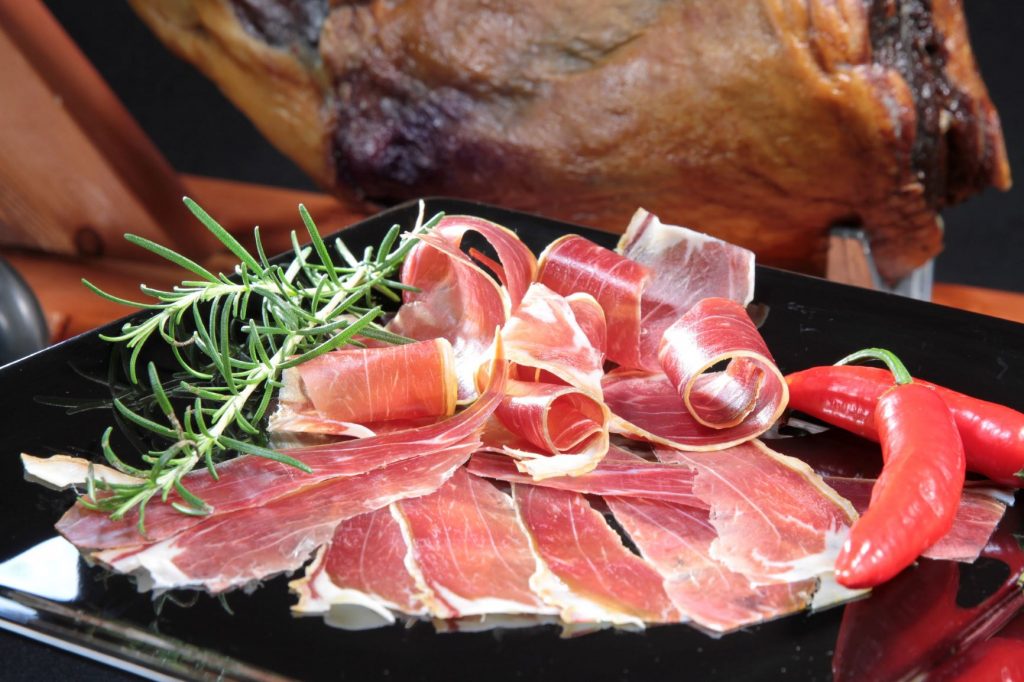São Paulo – Meat packer Remanso, in countryside Bahia state, plans on making coppa and prosciutto from sheep’s meat, using technology from the state-run Brazilian Agricultural Research Corporation (Embrapa). The Bahia-based company was recently selected in a government RFP to get knowledge transferred from Embrapa’s southern Brazilian livestock arm Embrapa Pecuária Sul in Bagé, Rio Grande do Sul.

“Our facilities are in the area that’s home to the biggest goat and sheep herds in Brazil,” director José Porphírio told ANBA. Remanso’s Cabra Bom brand currently makes and sells raw cuts mostly within the state of Bahia. However, the new products are expected to reach other Northeast markets besides São Paulo and Brasília
“This opportunity came up in Embrapa and we made a bid for the RFP,” said Porphírio. “It’s an excellent product to add to our portfolio,” he noted.
Embrapa developed a line of sheep meat-based food products that are usually made from pork. One of the original goals was to utilize meats with lower commercial value, such as from older or ‘throwaway’ animals, in the industry jargon – ones that are not appreciated by consumers when fresh but are good for processed items.
But the product can also cater to market niches, like people with food restrictions for religious reasons, like Muslims, who do not eat pork
According to Porphírio, this is a niche the company could eventually explore, but production isn’t enough to export yet.
The director said that during the latest edition of Fenagro, an annual industry show in Salvador, he was approached by a rep from a company looking to import to Morocco, but the talks died out. Sheep and goat meat is very much appreciated in the Middle East and North Africa. In Brazil, they are mostly consumed in the Northeast and South states.
According to him, the meat packer can slaughter about 3,000 head a month, which means 35 to 40 tons’ worth of meat. Between 20% and 30% of the meat comes from the company’s own herds, with the remainder sourced from local breeders.
The decision to increase output and eventually go international will hinge on product acceptance. “It tastes good, but we need to test out consumers’ palates,” said Porphírio. “It all depends on how the market will behave going forward. We’ll need some kind of process to get the word out, because this is a new product, and we must carve out a market for it,” he argued.
A purpose-built warehouse will be required in which to make the prosciutto and coppa, and the technology transfer process is pending completion. The executive estimates that building a prefab facility should take 30 to 60 days.

If all goes according to plan, Porphírio believes commercial production of coppa could begin next September or October, since meats already available on a daily basis at the meat packing facilities, like sheep’s neck.
The prosciutto should take longer, because whole legs are required, and they must come from older animals, since the fat content is greater. Besides, the meat requires a year’s worth of aging.
Oversight
Embrapa Pecuária Sul research coordinator Élen Nalério explained to ANBA that in addition to the technology transfer, production will have to be adapted into an industrial scale, because the facilities where products get developed are small-sized. Embrapa technicians will oversee this step.
“The product must hit market in two years’ time,” said Nalério, referring to the contract’s terms. “The company in question will be allowed to utilize the Embrapa brand,” she added. This means the manufacturer’s packaging can include a label stating that the product was developed by the state-run research body – but royalty payments are due.
Quick facts
Frigorífico Remanso – Cabra Bom
Phone: +55 71 9 9974-8487
Email: frigorificocabrabom@gmail.com
Translated by Gabriel Pomerancblum




